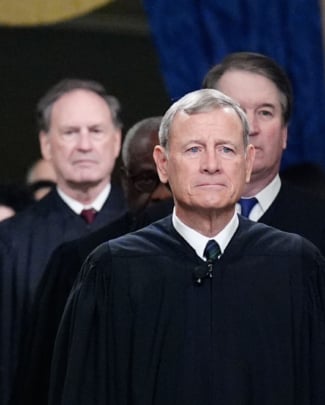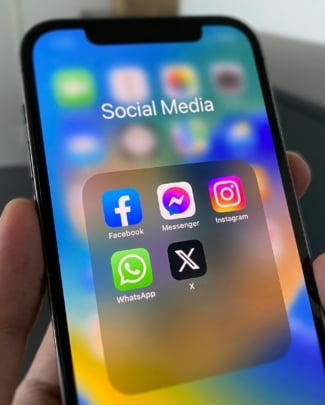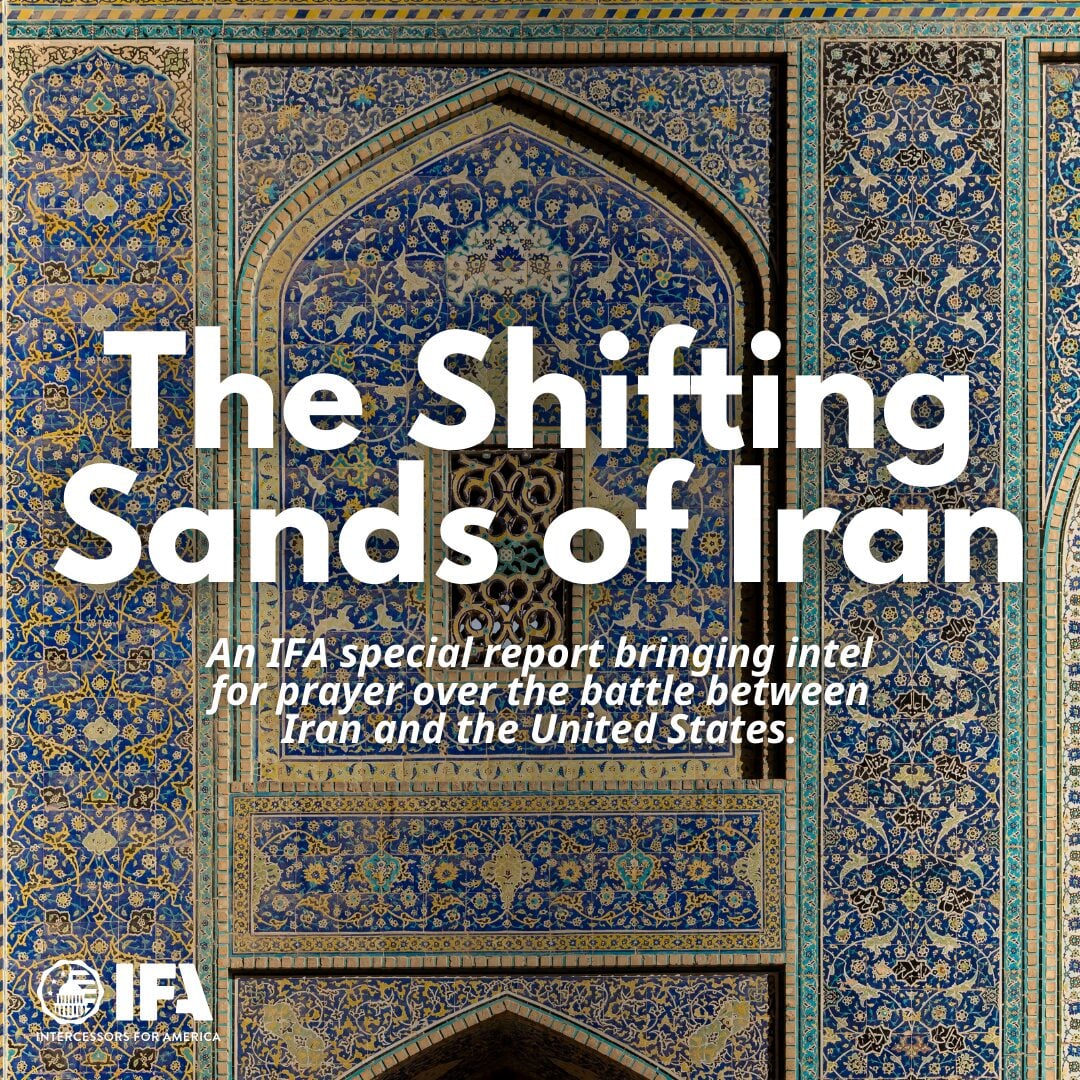GOOD NEWS: CITIES REVERSE DEFUNDING THE POLICE
ELECTION OFFICIALS UNSURE OF HOW MANY ABSENTEE BALLOTS WERE PRINTED
THE CULTURAL TIDE IS TURNING
HOW ZUCKERBERG INFILTRATED THE 2020 ELECTION
IS THE MILITARY’S LEGACY IN JEOPARDY?
GOOD NEWS: CITIES REVERSE DEFUNDING THE POLICE
We continue to see the fall out from a year of riots and calls to defund the police. We have reported on the exodus of police officers from the force in Seattle, New York, and other places. But this article reports some good news in the situation.
One year after the movement to “defund” law enforcement began to upend municipal budgets, many American cities are restoring money to their police departments or proposing to spend more.
In New York City, Mayor Bill de Blasio said he would reinstate $92 million for a new precinct after scrapping the project last summer. The mayor of Baltimore, who led efforts as a city councilman to cut the police budget by $22 million last year, recently proposed a $27 million increase.
After attacks on Asian-Americans and a rise in homicides in Oakland, Calif., city lawmakers in April restored $3.3 million of the $29 million in police cuts, and the mayor is now proposing to increase the department’s budget by $24 million. Los Angeles’s mayor has proposed an increase of about $50 million after the city cut $150 million from its police department last year.
In the nation’s 20 largest local law-enforcement agencies, city and county leaders want funding increases for nine of the 12 departments where next year’s budgets already have been proposed. The increases range from 1% to nearly 6%.
Many U.S. cities are led by Democrats who supported protesters’ calls to defund the police—a term that activists have used in different ways, including to push for simply shrinking the size of police forces but also shifting resources from law enforcement to social services. . . .
But city officials have found it difficult to keep police budgets down after seeing a rise in crime over the past year, with murder rates up by double digits in many cities. In the last three months of 2020, homicides rose 32.2% in cities with a population of at least one million, according to the Federal Bureau of Investigation’s Quarterly Uniform Crime Report. Law-enforcement officials and criminologists say pandemic stress and a police pullback amid protests are likely contributors. . . .
Last summer, nearly half of 258 police agencies surveyed by the Police Executive Research Forum, a Washington, D.C., think tank, said their budgets had been cut or were likely to be cut. The cuts hit purchases of new police equipment hardest, followed by training, hiring new officers and overtime spending, the survey found.
According to Interrupting Criminalization, an initiative at the Barnard Center for Research on Women that supports defunding the police, organizers successfully pushed for $840 million in police spending cuts across the U.S., and $160 million in shifts to other social programs. Cities cut another $35 million by canceling contracts with police departments to patrol schools, the center said. . . .
Under scrutiny
Cities under Justice Department scrutiny for their policing, such as Baltimore and now Minneapolis and Louisville, often have to spend money to implement mandated changes. Those can include efforts that activists have called for, such as new training for officers and body cameras. . . .
In Minneapolis, where Mr. Floyd was killed, the city cut $8 million from the department last year, only to restore $6.4 million to hire new officers amid mass retirements and rising crime.
In Baltimore, Mayor Brandon Scott took office in December after campaigning on a promise to reimagine the police department. Last year, as city council president, he successfully championed an effort to reduce the proposed police budget at the time by $22.4 million, which he and other council members wanted to spend on social services.
A few months into his first term, he proposed a $27 million increase. In an interview, he attributed the reversal to rising police pensions and health insurance costs. Mr. Scott said a mandate for Baltimore to overhaul its police department policies and training, from a 2017 agreement with the Justice Department reached after Freddie Gray died from a broken neck sustained while in police custody, also makes cuts difficult. . . .
Toby Ditz, a retired professor in Baltimore, said she was disappointed to hear Mr. Scott proposed increased police funding in his budget after he ran for office as a reformer. She said she understands personnel costs were set to go up to cover healthcare and pensions, but she wanted them to be offset with other cuts. “At the very least, we don’t have to increase that budget,” said Ms. Ditz, 70 years old.
Mr. Scott said that he supports lowering the police budget over time, but worries that rushed and ineffective cuts could provide fuel for critics. . ..
Oakland, Calif., cut $14 million from the police budget last summer to fund a new program in which mental-health specialists respond to mental-health crisis calls instead of police, and to shift some functions like crossing guards to other departments. In December, facing a budget crunch, Mayor Libby Schaaf asked the department to cut another $15 million.
Police Chief LeRonne Armstrong said the department chose to cut walking patrols, a team that worked to prevent retaliatory gang shootings, and a detail that policed sideshows—informal gatherings on city streets where car aficionados show off their stunt-driving skills.
By mid-April there had been 41 homicides, up from 13 over the same period last year, when strict lockdowns were in place. Sideshows proliferated, with one occurring near Ms. Schaaf’s home, the chief said. There were also attacks on Asian-Americans in Oakland’s Chinatown, where walking officers had previously patrolled. . . .
On April 12, after pleas by Chief Armstrong and complaints from Oakland residents about crime, the city council voted unanimously to restore some of the cuts.
Nikki Fortunato Bas, the city council president and one of the leading voices for shifting money away from police, helped to restore the funding. The council was “trying to be responsive to some of the safety issues that are happening on the ground,” she said.
Social services
In New York City, Mr. de Blasio and the city council initially reduced the NYPD’s annual operating budget from about $5.6 billion to $5.2 billion following last year’s protests. Some of the savings went to youth programs and other social services.
From Jan. 1 through May 23 of this year, there were 531 shootings, up from 295 during the same period last year. For the coming fiscal year, Mr. de Blasio is proposing to restore about half of last year’s monetary cuts.
At an April news conference, he said that the initial cuts were a result of his response to the “environment at that moment,” a push by the city council to divert police funding to communities and the financial strain of the pandemic. Mr. de Blasio said the city now has more money due to the federal stimulus package.
Among the highest profile cuts to be reversed was funding for the new 116th precinct in Queens, which community leaders said they wanted to be built. The money for that project comes out of a separate police capital budget. . . .
Activists who helped push the defund movement into the mainstream are disappointed in the reversals but argue their efforts have yielded results in other ways. Chivona Newsome, co-founder of the Greater New York branch of Black Lives Matter, pointed to a measure passed by the New York City Council in March ending qualified immunity as a defense for police officers sued over civil-rights violations. Qualified immunity protects officers from the threat of litigation for most law-enforcement actions. . . .
Denver initially cut nearly $25 million in police spending last year because of the pandemic’s economic toll. A pilot program launched last summer sends social workers and paramedics instead of officers to mental-health calls when the subject doesn’t appear to be violent. The STAR program got an initial $208,000 from a sales tax approved by voters in 2018. The program will be expanded citywide at a cost of $3 million in the coming fiscal year, money that will come out of Denver’s general fund and other sources—not the police budget.
A city report found that 68% of the 243 people social workers interacted with during responses to calls were homeless. None of the incidents required the assistance of Denver police officers. The report found that the program could reduce overall police calls for service by approximately 2.8%. . . .
Denver Police Chief Paul Pazen said the STAR program exemplified the “holistic” approach needed to reform policing, and that stripping funding would only inhibit those efforts. . . .
Share your prayers about this article in the comment below!
(Excerpt from The Wall Street Journal. Article by Zusha Elinson, Dan Frosch, and Joshua Jamerson. Photo by Chet Strange/Getty Images))
Partner with Us
Intercessors for America is the trusted resource for millions of people across the United States committed to praying for our nation. If you have benefited from IFA's resources and community, please consider joining us as a monthly support partner. As a 501(c)3 organization, it's through your support that all this possible.


We use cookies to ensure that we give you the best experience on our website. If you continue to use this site we will assume that you are happy with it. Privacy Policy





Comments
Lord I pray each day Psalm 91 and Ephesians 6:10-17 over our police, military, firemen and first responders. Thank you for waking up these places to not refund our police.
Lord I render all person’s with intention to purposely harm our law enforcement person’s powerless to do so. May no weapons formed against them prosper. Thank you Lord! In Jesus name. Amen
Dear Lord, please be with our police officers and law enforcement officials in our nation. I pray also You would give them strength and perseverance. Thank You Lord, this Is good news that some Mayors and Governors are reinstating funding of police officers. We need our police and they need our support now more than ever. In Jesus name, amen.
May truth arise in this area of government. While we are convinced Social Workers working with the police are a good idea. We find The money coming from community sources not the police department which leaves us still praying for brave, honest, dedicated people who are interested in the improvement of the comunity rather than a life of bachsheesh to mainttain a healthy job environment.
How could these mayors and governors be so blind us to think that defunding the police departments would create anything but more crime??? It was the bullying and the pressures of the Marxist agenda, fear of losing their place of power and authority that drove them to destroy their own cities. With that revelation, Father I pray over cities, I bind you spirit of Fear that resides in heavenly realms in Jesus name we tie you to the ground, spirit of Intimidation that reigns and is activated through the people, we bind you in Jesus name.Father set the captives free.